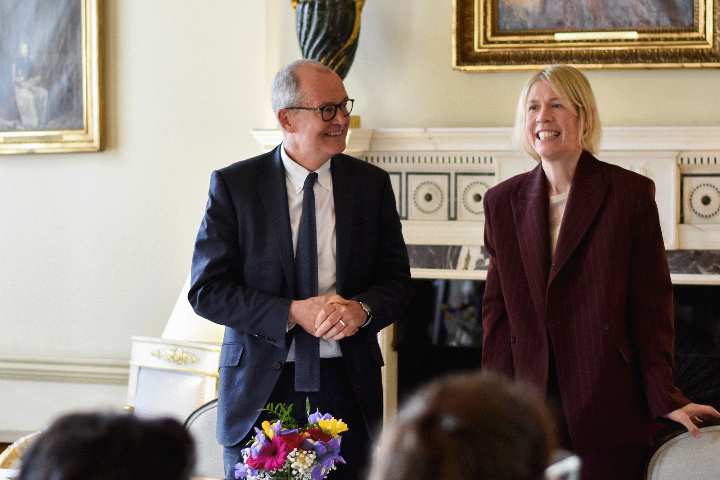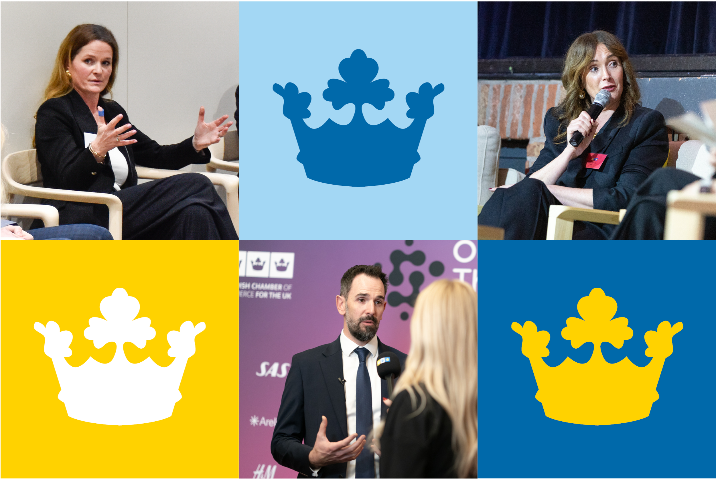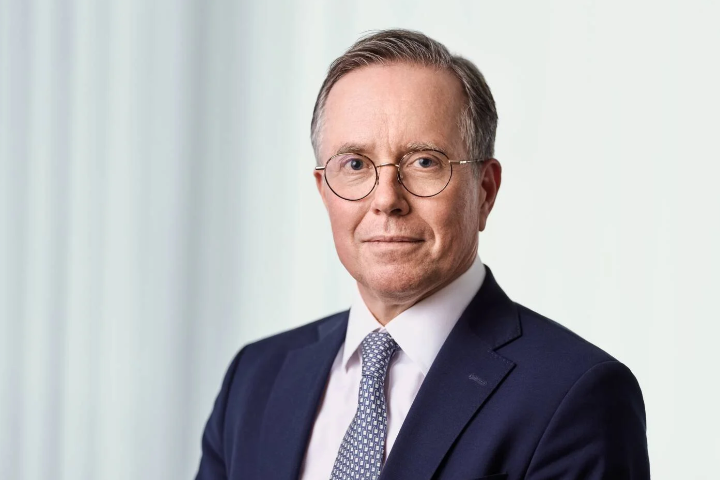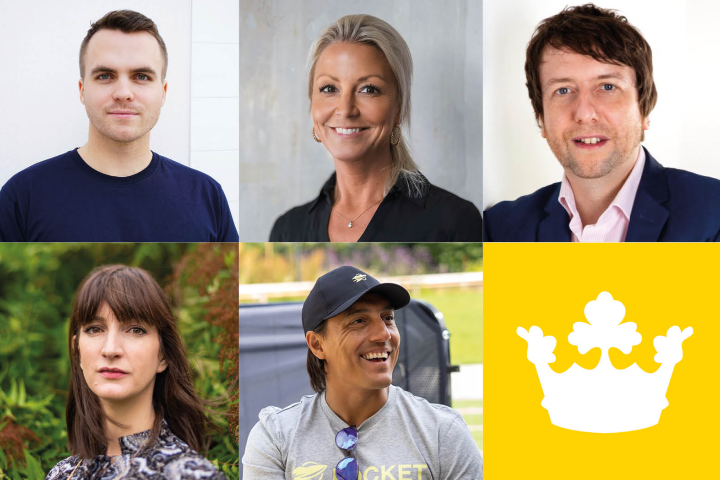
UK-Sweden MoU: building on our partnership for a new era of innovation
06 November 2025
In the world of international business and policy, some agreements quietly set the stage for transformation – often years before their full impact is felt. This October, Maria Nilsson, State Secretary to Minister for Upper Secondary School, Higher Education and Research Lotta Edholm, and Lord Vallance, UK Minister for Science, Innovation, Research and Nuclear signed a new Memorandum of Understanding (MoU) for Cooperation in Research and Innovation, marking another step in a journey that began with the Strategic Partnership Agreement of 2023. For leaders in both countries, this MoU is not just a formal gesture – it is a signal of intent, and an invitation to shape the future together.
The story of this MoU is rooted in a deepening relationship. Two years ago, Prime Ministers Ulf Kristersson and Rishi Sunak formalised a Strategic Partnership, broadening cooperation between our countries across security, trade, innovation, and research. This agreement reflected a recognition – shared by both governments and business leaders – that the challenges and opportunities of the 21st century demand more than national solutions. They require collaboration between countries that share values, ambitions, and a commitment to open, rules-based engagement.
Reflecting on the journey, Maria remarked:
“This MoU is the result of a bottom-up approach, drafted in close collaboration with the research community. In today’s geopolitical reality, it is more important than ever to be close to like-minded countries and to learn and grow from each other. The UK is a very like-minded country to Sweden, and this agreement builds on the strategic partnership signed two years ago.”
Marika Amartey Kaliff, Head of the Office of Science and Innovation at the Swedish Embassy in London, echoed this sense of achievement. “I feel delighted, of course. But most of all excited for the next steps, to deliver concrete results. The new MoU is very timely, given the rapidly changing science and technology landscape and increasing global competition. Research and innovation are being recognised as crucial for our economy, security, and wellbeing – and justifiably so.”
From vision to action
The latest MoU builds directly on this foundation. It establishes a framework for regular dialogue, joint research, and cooperation in key areas such as artificial intelligence and other strategic technologies, fusion and telecommunications. This can offer opportunities for industry to engage with world-class research and emerging technologies, not least through the EU Framework Programmes.
“There is already a great deal of collaboration between our universities and British universities, from exchange programmes to research partnerships. This MoU puts a framework around what is already happening, providing infrastructure to take the process further in an organised way, while still maintaining a bottom-up approach.” Maria continued.
Marika highlighted the immediate priorities: “Together with the UK Science and Technology Network in Stockholm we are already planning a kick off meeting to identify the immediate next steps.”
She also pointed out the importance of collaborations with the business landscape: “We are also working closely with the Swedish Chamber of Commerce for the UK, because we want this MoU to strengthen not only research but also commercial operations in both countries. We see our business communities as an integral part of the partnership, by driving investments, research and innovation in areas such as AI, quantum and future telecommunications.”
Unlocking business opportunity
Craig Jantzen, Diplomat and Northern Europe Regional Manager, Science & Technology Network, spoke directly to the business potential: “Business benefits from having a strong science and research base in both countries – a feedstock of highly skilled talent and ideas coming out of universities into spin-outs. The main benefit of this agreement is deepening collaboration, especially through Horizon Europe, which will hopefully lead to more and better research links between our two communities.”
He added: “The UK has an excellent science research base – world-class science built on openness, excellence and collaboration. By partnering even more with Sweden, which also has an excellent research base, we can produce better research, faster. It’s not a zero-sum game; by working together, the whole pie grows.”
Maria echoed this optimism: “By pinpointing areas such as strategic technologies, fusion energy, and AI as focus areas for the first year, we are setting the stage for even deeper cooperation. Sweden and the UK are both strong in the triple helix model – academia, state, and business working together – and I hope this MoU will help take those collaborations further, especially in emerging technologies.”
Looking ahead
As the MoU moves from agreement to action, its true legacy will be written by the businesses, researchers, and entrepreneurs who seize the opportunities it creates. “In particular, we would like to see increased UK-Sweden participation in Horizon Europe, more research exchange and access to our world leading research infrastructure in Sweden, as well as constructive dialogue on research security and responsible internationalisation in research and innovation,” says Marika.
And, in a fitting analogy, Craig described the partnership as: “Maybe it’s like Zlatan Ibrahimović coming to Manchester United – Swedish brilliance coming to the UK to make something even greater - in this case we are talking about making great science, not scorings goals. That’s what this partnership is all about: teamwork that lifts everyone."
For business leaders, this new chapter is not just about policy – it is a practical platform for forging new alliances, driving innovation, and achieving sustainable growth on both sides of the North Sea. The groundwork is laid; the opportunity now lies in how executives and organisations choose to build upon it.



